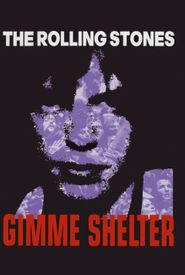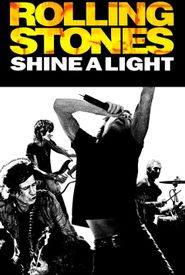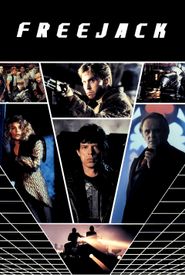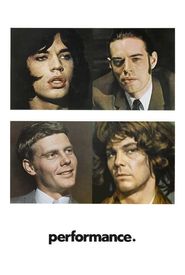Michael Philip Jagger, born on July 26, 1943, in Dartford, Kent, began his journey in the music industry when he met Keith Richards at a young age. After a brief separation, they reconnected in 1960 and discovered their shared passion for rock 'n' roll and blues. This serendipitous encounter led to the formation of The Rolling Stones between 1960 and 1962.
The initial lineup consisted of Mick Jagger on lead vocals and harmonica, Keith Richards on guitar, Bill Wyman on bass, Charlie Watts on drums, and Brian Jones on guitar. In 1964, they released their debut album, followed by their first number one hit in the UK, "The Last Time," and later, "I Can't Get No Satisfaction."
Throughout the late 1960s, The Rolling Stones toured extensively, producing hits like "Let's Spend the Night Together" (1967) and "Sympathy for the Devil" (1968). Tragedy struck in 1969 when Brian Jones committed suicide, and the band was initially blamed. However, they moved forward, replacing Brian with Mick Taylor and releasing the album "Let It Bleed" (1969),featuring the iconic track "Honky Tonk Woman."
Mick Jagger's foray into acting began in 1970 with his starring role in the film "Performance," opposite James Fox. The film was released in August 1970, and Jagger also released the soundtrack single "Memo from Turner."
The Rolling Stones returned in 1971 with the album "Sticky Fingers," which would become their most popular album to date. The album spawned hits like "Wild Horses" and "Brown Sugar," and Bianca Jagger gave birth to Jagger's daughter, Jade.
Throughout the 1970s, The Rolling Stones continued to tour and release hits like "Angie" (1973),"It's Only Rock and Roll" (1974),"Hot Stuff" (1976),and "Respectable" (1978). Ronnie Wood replaced Mick Taylor on guitar in 1974, and Keith Richards and Ronnie Wood both played lead guitar.
In 1980, Jagger divorced Bianca Jagger and released the album "Emotional Rescue" with The Rolling Stones, which was a platinum success. The band went on a major world tour in 1981, followed by the release of "Tattoo You" in 1981.
After the tour, Jagger began exploring other musical interests, leading to the recording of the album "Undercover" in 1983. However, tensions between Jagger and Keith Richards began to rise, and the album received mixed reviews.
In 1984, Jagger recorded "State of Shock" with The Jacksons, which marked the beginning of his solo career. He released his debut solo album in 1985, featuring guests like Pete Townshend and Jeff Beck. The Rolling Stones, meanwhile, released their first album under a new Sony records contract.
In 1985, Jagger made his solo live debut at the Live Aid benefit concert in Philadelphia. The Rolling Stones did not perform, citing internal conflicts. Jagger's second solo album, "Primitive Cool," was released in 1987, but it failed to achieve commercial success.
In 1988, Jagger embarked on a successful solo tour, selling out shows in Japan. However, he eventually returned to The Rolling Stones, reuniting with Keith Richards in 1989. The band released the album "Steel Wheels" and embarked on a major worldwide tour.
In 1992, Bill Wyman announced his departure from The Rolling Stones, and Jagger released more solo material, albeit with limited success. The Rolling Stones released the album "Voodoo Lounge" in 1994, followed by a massive world tour.
In 1997, the band released the album "Bridges to Babylon" and embarked on a two-year tour. Jagger's personal life was marred by a secret love affair, leading to the end of his marriage to Jerry Hall.
Since then, Jagger has focused on film production and solo work. He produced the film "Enigma" (2001) and released his album "Goddess in the Doorway" in 2001, which received mixed reviews.
Recently, The Rolling Stones announced a 40th-anniversary tour, set to begin in September 2002.






































































































































